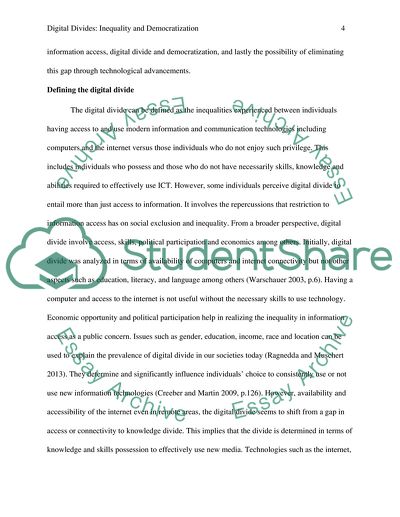Cite this document
(“Digital Divides: Inequality and Democratization Essay”, n.d.)
Retrieved from https://studentshare.org/sociology/1637601-digital-divides-inequality-and-democratization
Retrieved from https://studentshare.org/sociology/1637601-digital-divides-inequality-and-democratization
(Digital Divides: Inequality and Democratization Essay)
https://studentshare.org/sociology/1637601-digital-divides-inequality-and-democratization.
https://studentshare.org/sociology/1637601-digital-divides-inequality-and-democratization.
“Digital Divides: Inequality and Democratization Essay”, n.d. https://studentshare.org/sociology/1637601-digital-divides-inequality-and-democratization.


